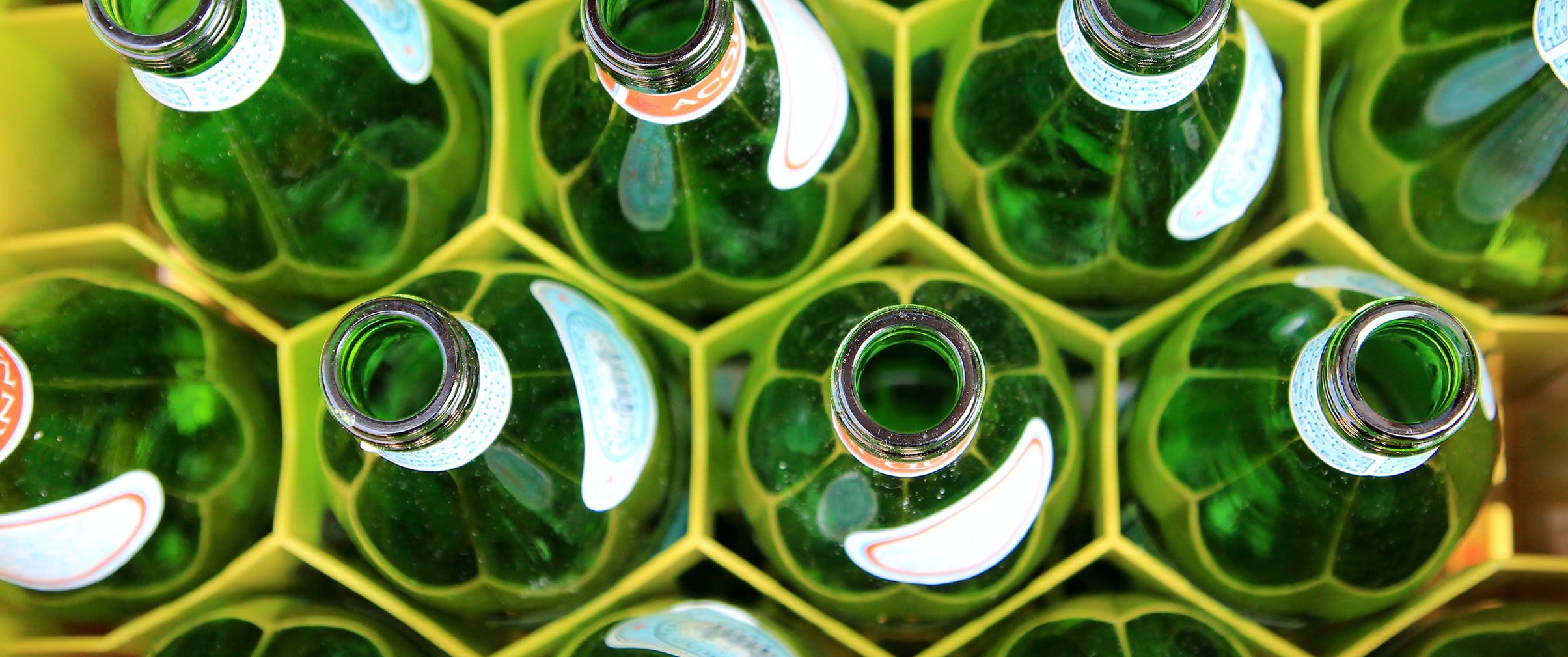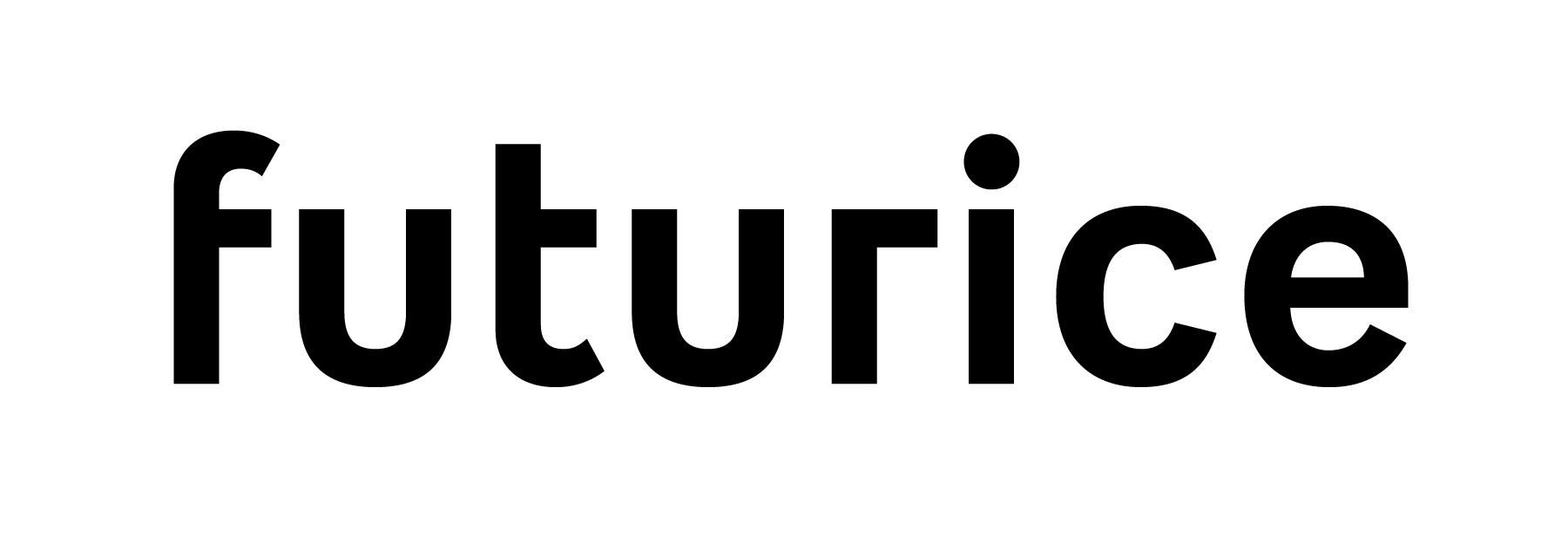Introduction
The need for circular business models and sustainable technologies will intensify. There will be more ESG (environmental, social and governance) investments, with a particular focus on impact investing. To gain measurable impact, sustainability must not be as an afterthought. It has to be the starting point of all (re)design of products, services and processes in retail. In a circular economy, we design products and packages that are easy to dismantle, clean, sort and reprocess for further use. Currently, a significant portion of valuable nutrients are lost in waste and manure and end up burdening our water and soil. Solutions for retaining nitrogen and phosphorus inside the production cycle will be in high demand. Policy challenges are complex, and there are massive commercial interests involved. There is a risk that climate change alone dominates the green debate and action, and the less glamorous challenge of soil management, sustainable farming systems and the treatment of sewage sludge will be overlooked. Retail has the power to direct consumer attention and give space to new innovations that help close the cycle.
Next steps
Together with the questions of energy and water, nutrition cycles will become a key retail theme over the next decade. The retail industry will rise to the occasion and participate in the circular economy beyond questions of packages and plastics. Most likely there will be EU-level regulatory schemes to boost the reuse and recycling of things.
Opportunities
- Prioritize closed-loop products and circularity-first services
- Participate in programs and networks that try to make nutrient cycling a profitable business
- Engage your customers and stakeholders in your quest to make your business more circular








